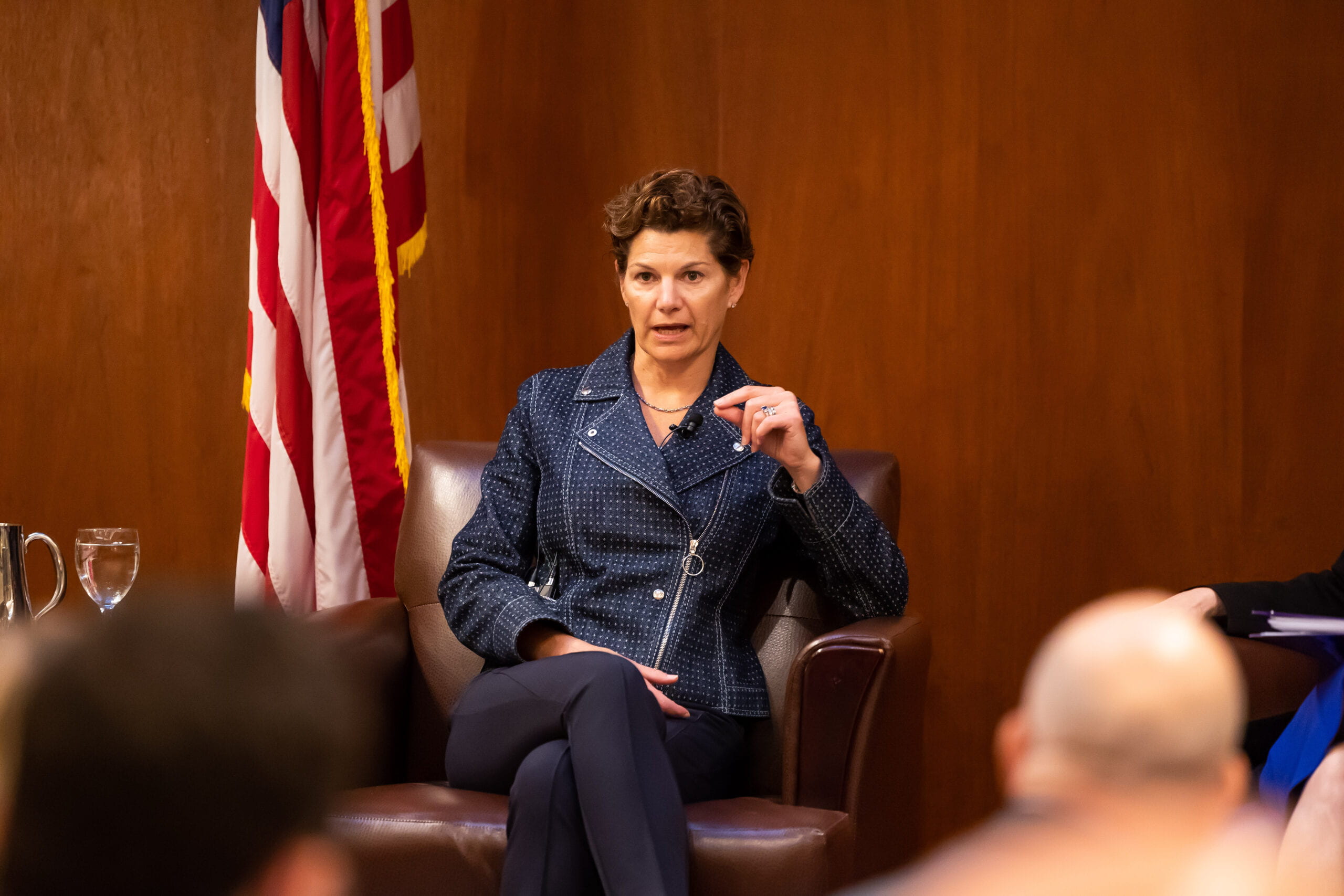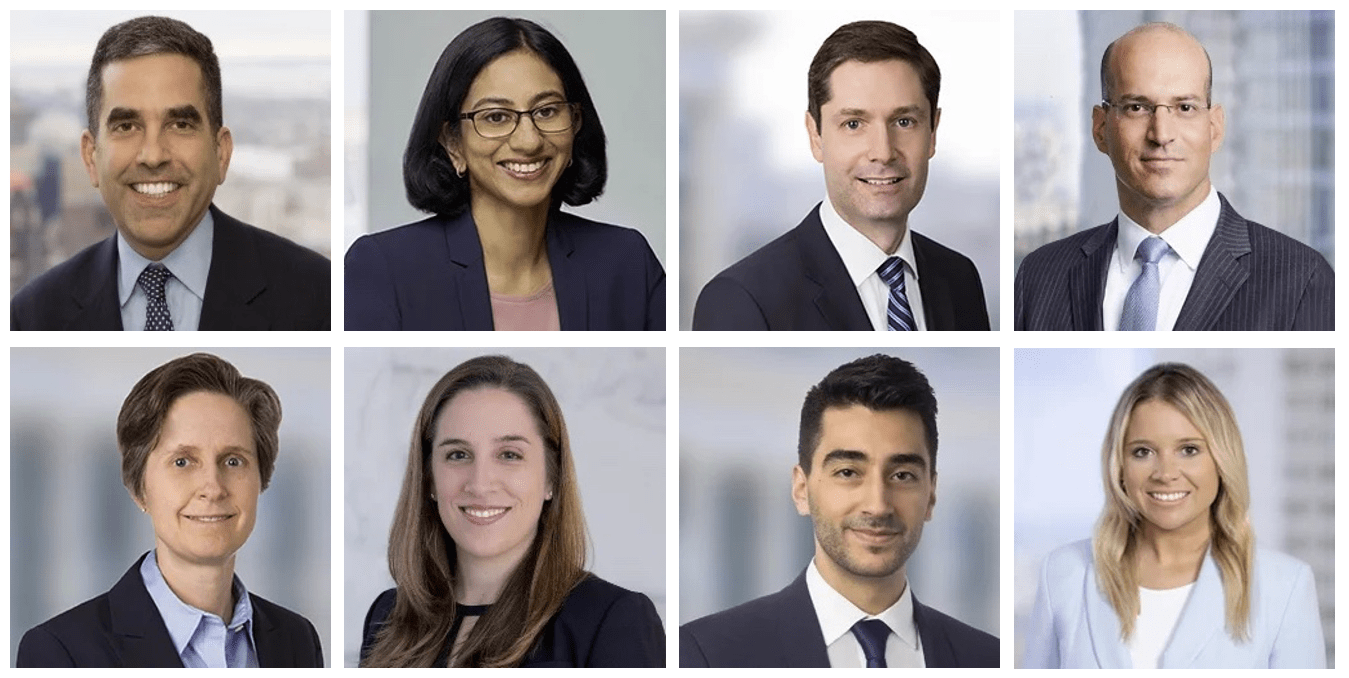by

From left to right: Jeremy Ben Merkelson, James K. Goldfarb, Gerald Stein, and Travis J. Distaso (photos courtesy of Davis Wright Tremaine LLP)
Equity and capital forfeiture for competition provisions given less scrutiny than other post-employment restrictive covenants
Companies subject to Delaware law were handed a welcome surprise in a recent Delaware Supreme Court decision bolstering the enforceability of certain post-employment restrictive covenants. The provisions at issue are so called “forfeiture for competition” provisions. They condition post-employment equity interests, distributions, return of capital, or other benefits upon a departing employee’s continuing compliance with certain post-employment restrictive covenants. Forfeiture for competition provisions frequently are at play in equity award agreements with executives and business partners. The recent decision provides for an alternative avenue for securing post-employment restrictive covenants when traditional non-competes may otherwise be unenforceable.









